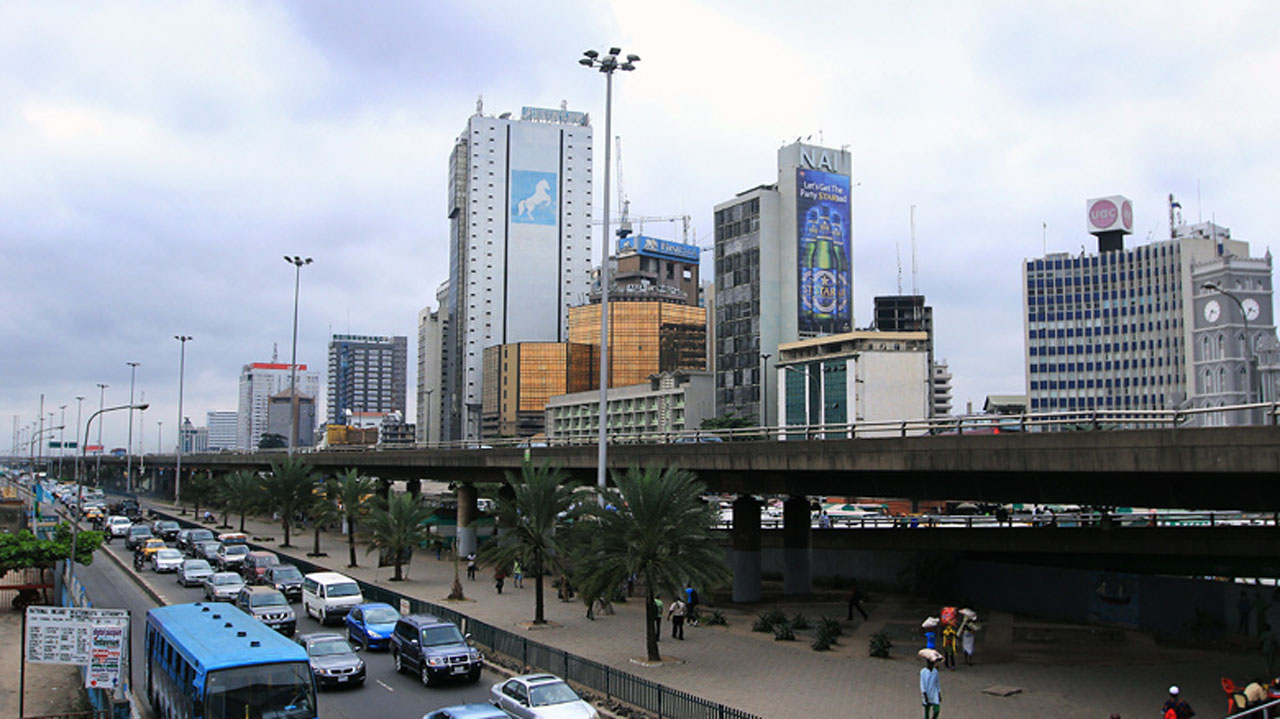
The latest Inflation Attitudes Survey report by the Central Bank of Nigeria (CBN) for the third quarter, 2018 has revealed sentiments expressed by Nigerians concerning the state of the economy as it relates to management of interest rates and inflation.
According to the report, many Nigerians believe that the economy would end up weaker if prices start to rise faster than they do now, just as they sought reduction in interest rates.
The Q3 2018 Inflation Attitudes Survey which was conducted during the period September 24 -October 4, 2018 from a sample size of 1770 Households randomly selected from 207 Enumeration Areas (EAs) across the country, with a response rate of 96.9 percent, showed that there are concerns about spike in prices and its effects on the economy.
On inflation, the survey result showed that 48.4 per cent of the respondents believed that the economy would end up weaker, 12.1 per cent stated that it would be stronger, 17.7 per cent of the respondents believed it would make a little difference, while 21.6 per cent did not know.
The responses opined considerable support for price stability, as close to half (48.4 per cent) agreed that the economy will end up weaker. This is consistent with the notion that inflation constrains economic growth.
Similarly, the respondents were asked whether it would be best for the Nigerian economy for interest rates to rise or fall. The results showed that 34.4 per cent indicated that it would be best for the Nigerian economy if interest rates fell, while 15.6 per cent opted for higher interest rates.
The results further revealed that 11.1 per cent thought that it would make no difference. The responses revealed that while most of the respondents favoured lower interest rates for the Nigerian economy, majority had no idea whether it should rise or fall.
According to the latest data from the National Bureau of Statistics (NBS) yesterday, the consumer price index, which measures inflation, stood at 11.28% in September from 11.28% recorded in August on a year-on-year basis.
Specifically, inflation sustained uptick for the second consecutive month in September after 18 consecutive months of decline.
Of the total respondents, 23.4 per cent thought prices had gone down or not changed, 56.5 per cent felt that prices had risen by at least 3.0 per cent, while 13.5 per cent felt that prices inched up by more than 1.0 per cent, but less than 3.0 per cent.
The median expectation of price changes over the next 12 months was that prices would inch up by 2.3 per cent. From the total responses, 40.8 per cent of the respondents expected prices to rise by at least 3 per cent over the next 12 months, 12.5 per cent expected prices to increase by more than 1 per cent, but less than 3 per cent. Similarly, 36.9 per cent of the respondents were optimistic that prices over the next 12 months would either go down or remain the same.
When respondents were asked to choose between raising interest rates in order to keep inflation down, and keeping interest rates down to allow prices to rise, 23.9 per cent preferred interest rates to rise in order to keep inflation down compared to 28.2 per cent who said they would prefer prices to rise faster.
[ad unit=2]



